How to remove a rootkit from your PC
A recent update by developer Capcom to the PC version of Street Fighter V was found to contain a piece of software designed to stop the game from being cracked. However, astute gamers soon discovered that it was also installing a rootkit that sought kernel-level access to the operating system, leaving the computer vulnerable to access and attack. The driver at the centre of the storm, called Capcom.sys, was essentially opening a door for users who would normally not have access to the device, to run programs on it. However, Capcom is not the first, and probably not the last, developer to include software in its games that later proves to be more of a hindrance than a help.
What are rootkits?
Rootkits are malicious software that enable the spread of other viruses such as malware, spyware, and spamware. Once installed on a PC, they give unauthorized users access to that system. The rootkit will normally hide on the computer, where it can then send details such as bank accounts or keystrokes to an unauthorized user. It can also modify or corrupt the PC it has burrowed itself into.
Unfortunately rootkits and other malware have become increasingly difficult to detect, evolving alongside the technology that they corrupt. In the case of Street Fighter V, Capcom accidentally created the same situation. In the past, other developers, such as Ubisoft, have had the same issue. When players were using the Uplay features on many of their games, Ubisoft installed some DRM (digital rights management) software to curtail its games being subverted by hackers and pirates. However, this also installed a rootkit that, with some degree of irony, could then be manipulated by the same people the DRM was designed to stop.
How to prevent or stop rootkits?
Regularly running antivirus software can help detect and remove any threats posed by malicious software that has managed to creep onto your PC. Unlike the ones that Capcom and Ubisoft created by accident, most rootkits are designed to steal data, manipulate systems, or corrupt and even crash them. Many arrive in the form or email attachments, or pop-ups from less than reputable websites. If you believe an email is suspicious, scan it or delete it. Likewise, if you do not know or trust a source, do not download anything from it.
Another preventative measure is to check for updates to software you use, and make sure you have installed the most up-to-date version. Technology companies will react quickly to any emerging threat by releasing patches for their products, so it is always best to regularly check for new updates.

If you believe you may have a rootkit or malware installed on your PC, run antivirus software to see if it can detect the threat. ROG owners will be glad to hear that ROG motherboards have the latest Karpersky antivirus software free for download (check if your model is applicable). If you do discover a rootkit present in your PC, this same software can be used to try and erase it, but remember to backup any important data before you do so.
![]()
Author
Popular Posts
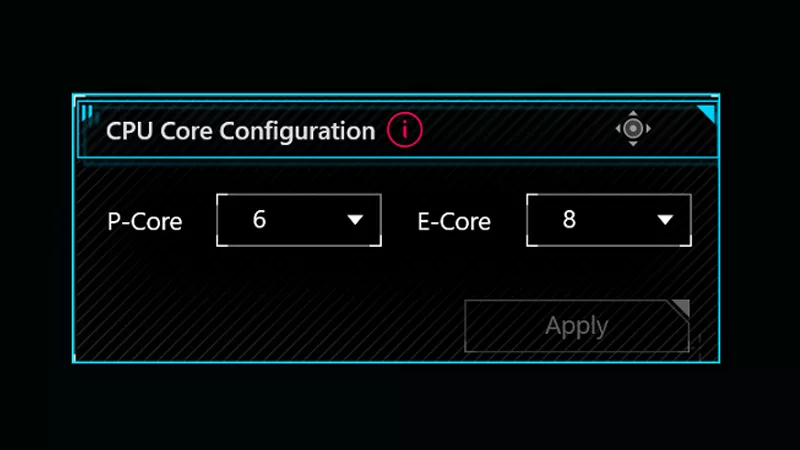
How to adjust your laptop's P-Cores and E-Cores for better performance and battery life
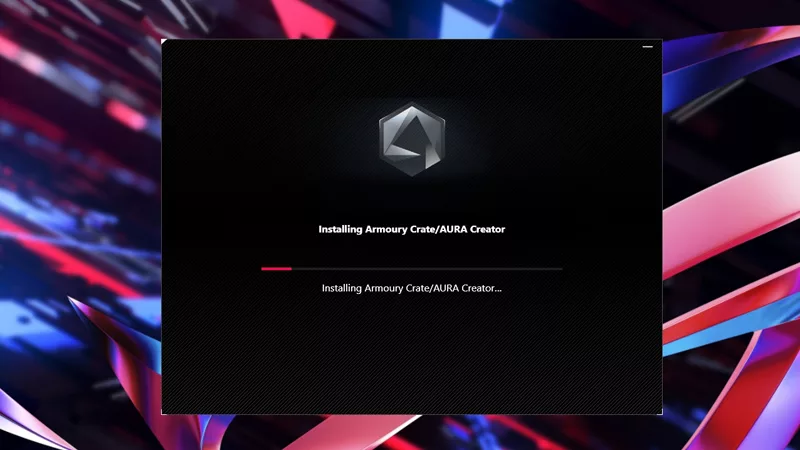
How to Cleanly Uninstall and Reinstall Armoury Crate
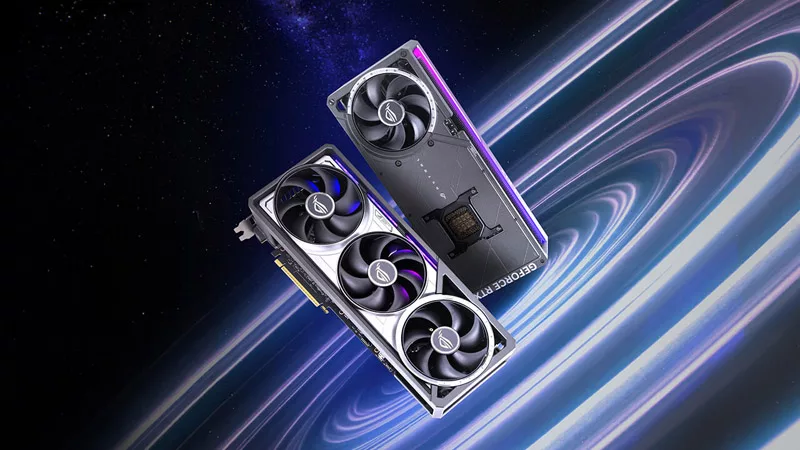
Introducing the ROG Astral GeForce RTX 5090 and 5080: a new frontier of gaming graphics
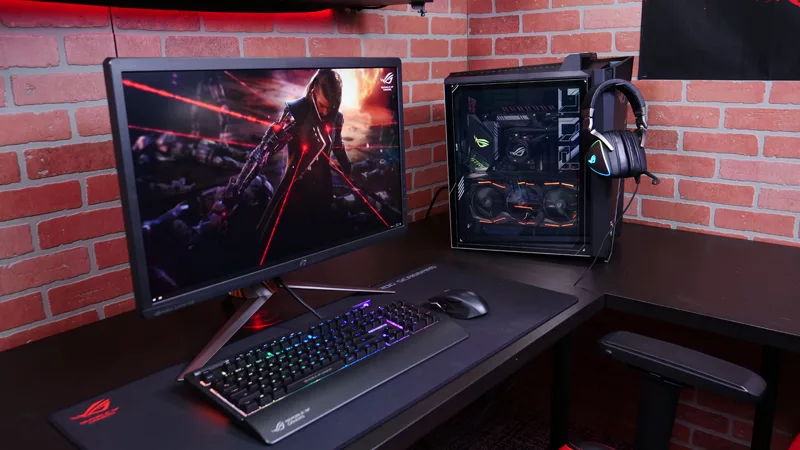
How to configure your PC's RGB lighting with Aura Sync
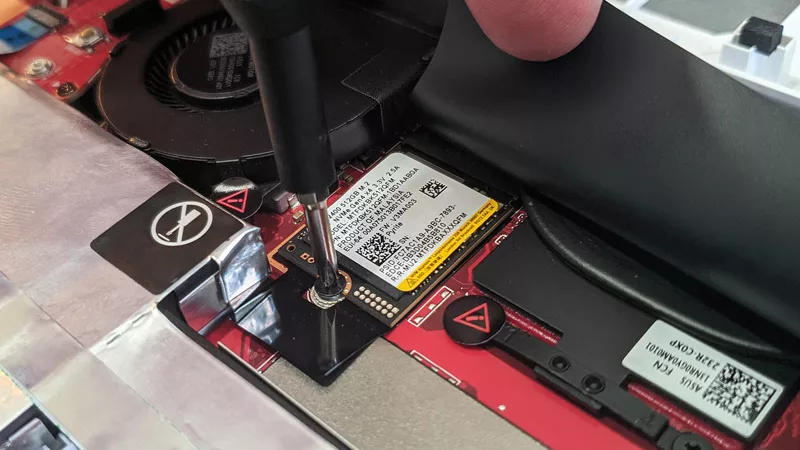
How to upgrade the SSD and reinstall Windows on your ROG Ally or Ally X
LATEST ARTICLES
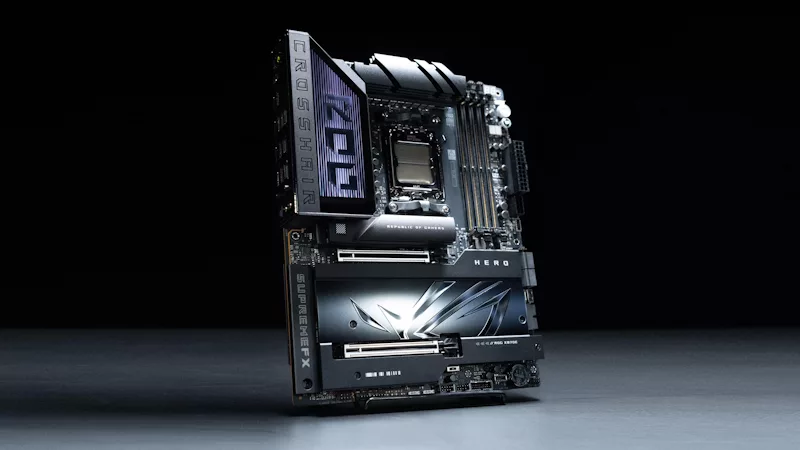
ROG Strix vs Extreme vs Apex vs Hero: What's the difference between ROG gaming motherboards?
When we launch a new generation of motherboards, we don’t just design one model and expect it to meet everyone’s needs. We give you a broad range of options from our ROG Maximus, Crosshair, and Strix lineups so that you can find the board for your next build.
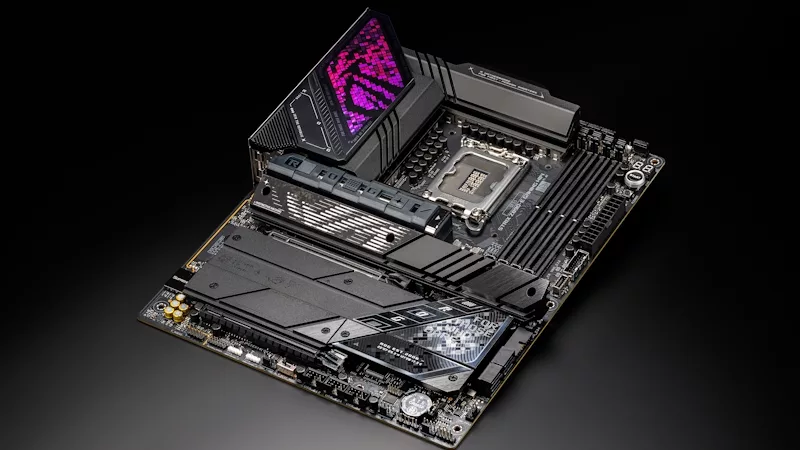
Install up to seven M.2 SSDs on one motherboard with new ROG M.2 PowerBoost tech
Here's how ROG M.2 PowerBoost allows you to install more M.2 drives in one system while enjoying more stable performance.
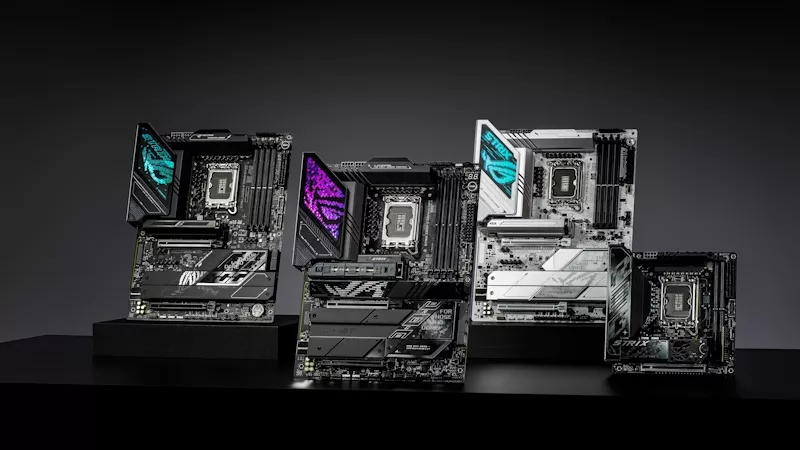
ROG Z890 motherboard guide: meet the new contenders for your next gaming rig
New ROG Maximus and ROG Strix Z890 motherboards stand ready for your Intel Core Ultra (Series 2) CPU.
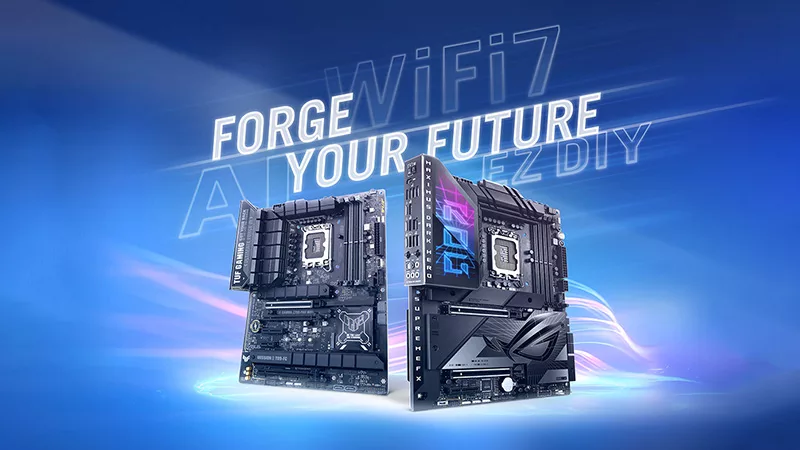
New Z790 motherboards from ROG pave the way for 14th Gen Intel Core CPUs
WiFi 7 support, more fast storage, front-panel device charging, intelligent controls — our latest Z790 motherboards have it all.
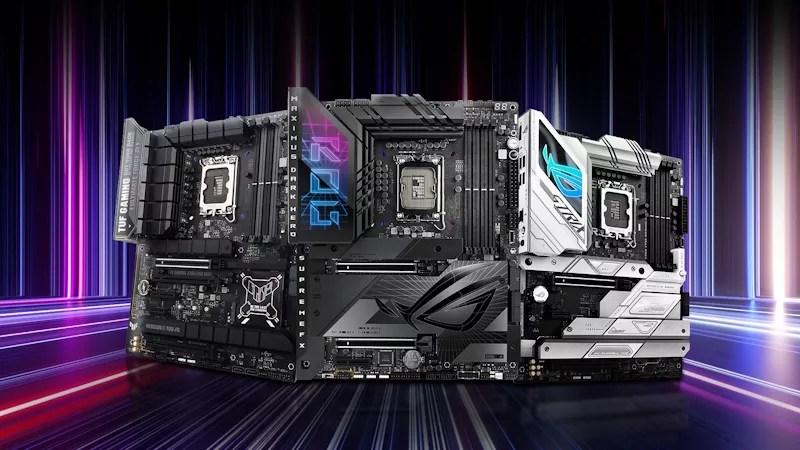
New Z790 motherboards from ROG pave the way for next-gen Intel Core CPUs
WiFi 7 support, more fast storage, front-panel device charging, intelligent controls — our latest Z790 motherboards have it all.
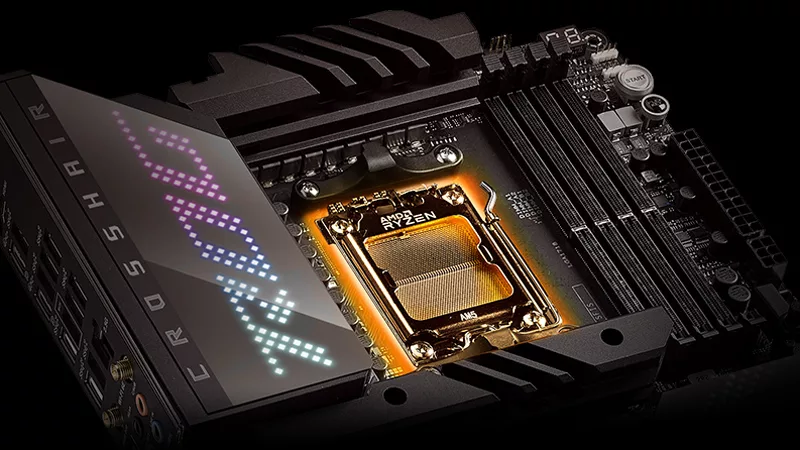
The best motherboards for a Ryzen 9 7950X3D CPU from ROG and TUF Gaming
AMD has released two new processors with 3D V-Cache technology: the Ryzen 9 7950X3D and the Ryzen 9 7900X3D. ROG and TUF Gaming X670 motherboards will provide a rock-solid foundation for these new top-tier chips.